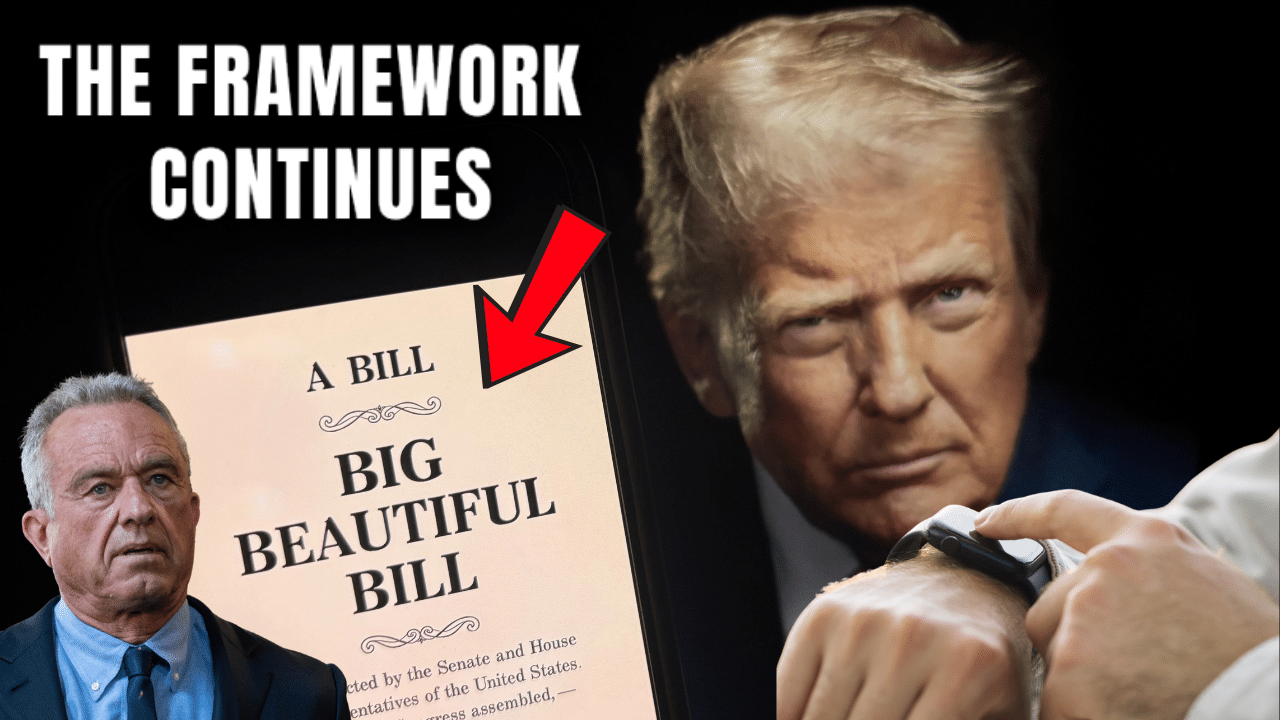The Biden administration is increasingly concerned that the intensifying military alliance between Russian President Vladimir Putin and North Korean leader Kim Jong Un could vastly expand Pyongyang’s nuclear capabilities and increase tensions in the Asia-Pacific region, six senior U.S. officials told NBC News.
U.S. officials are also bracing for North Korea to potentially take its most provocative military actions in a decade close to the U.S. presidential election, possibly at Putin’s urging, the officials said.
The timing, they said, could be designed to create turmoil in yet another part of the world as Americans decide whether to send President Joe Biden or former President Donald Trump back to the White House.
“We do not doubt that North Korea will be provocative this year. It’s just a matter of how escalatory it is,” a U.S. intelligence official said.
U.S. intelligence officials accused Russia of interfering in the 2016 election to help elect Trump. The Biden administration had tense relations with Russia, which collapsed after it invaded Ukraine in 2022.
With Putin expected to visit North Korea to meet with Kim in the coming weeks, U.S. officials expect them to solidify a new deal to expand military technology transfers to Pyongyang.
“2024 is not going to be a good year,” said Victor Cha, senior vice president for Asia and Korea chair at the Center for Strategic and International Studies. “It’s going to be a bit of a roller coaster.”
U.S. intelligence officials believe Putin is providing North Korea with nuclear submarine and ballistic missile technology in exchange for Pyongyang’s sending Russia large amount of munitions for its war in Ukraine, the senior U.S. officials said.
North Korea provides Russia with more munitions than Europe provides to Ukraine, including millions of artillery shells.Officials are also concerned that Russia might help North Korea complete the final steps needed to field its first submarine able to launch a nuclear-armed missile.
In September, North Korea unveiled a submarine, based on an old Soviet model, but U.S. officials said Pyongyang was most likely exaggerating its capabilities. They said the submarine still needed additional technology before it could deploy or launch a nuclear-armed missile.










